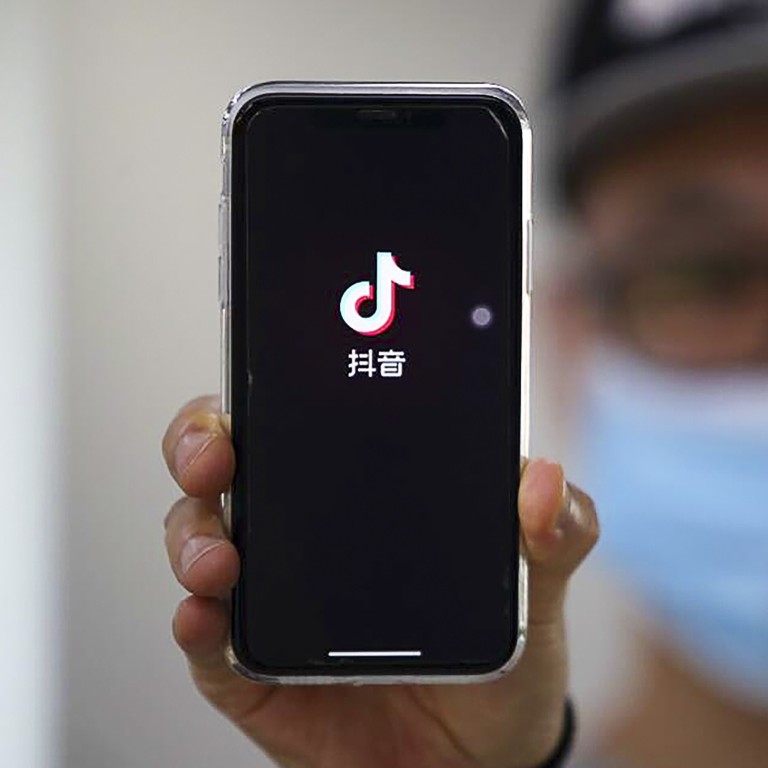
Chinese version of TikTok limits kids under 14 to 40 minutes per day, adding to fight against internet addiction
- In addition to new time limits, young Douyin users will only be able to use the app between 6am and 10pm
- The short video app restrictions follow time limits imposed on video games as Beijing boosts efforts to curb ‘internet addiction’
In addition to limiting the amount of time children can spend flipping through short videos, the same age group will only be allowed to use Douyin between 6am to 10pm. Similar to TikTok’s rise overseas, Douyin has become one of China’s most popular apps, with more than 600 million daily active users in the country.
To make the new policy work, ByteDance is requiring users to authenticate their identities. The company suggested that parents could “help their children complete the process in order to enter youth mode”, according to a post on the app’s official WeChat account on Saturday.
TikTok is still the reigning app king as new installs plateau
As another option for parents, ByteDance has launched a new TikTok-like app for children called Xiao Qu Xing, which literally translates as “little fun star”. Similar to Douyin’s youth mode, Xiao Qu Xing features educational content that limits users to up to 40 minutes per day, with the default for weekdays set at 30 minutes. Parents have the option to reduce that time further in the settings, down to just 15 minutes each day.
Beijing-based ByteDance, founded by Chinese entrepreneur Zhang Yiming nine years ago, operates both Douyin and TikTok as near-identical apps, but they are completely separate platforms to keep Douyin compliant with China’s strict internet content regulations.
Both short video platforms grew popular among young users for making it easy to produce slick lip-synching music videos. They have since expanded into many forms of content, but Douyin’s youth mode is designed to provide more educational fare. These include videos of scientific experiments, historical stories, and virtual museum and gallery tours.
The focus on the time and hours people can use the app mirrors restrictions recently imposed on the video game industry.
The stated reason for the rule change was to combat gaming addiction among teenagers, an issue that, along with internet addiction, Beijing has raised concerns about since the early 2000s.

01:32
China limits online gaming time for young people to 3 hours a week
Teenagers are also responsible for Douyin’s rise, but the app’s user base has grown older in recent years. Just 29.7 per cent of the app’s users in March were 24 years old or younger, down from 85 per cent in 2017, according to consultancy iResearch.
The number of users subject to the new restrictions could be even smaller. Beijing-based media research company CMMR reported last year that just 0.34 per cent of Douyin users were 4 to 12 years old, while 13- to 19-year-olds made up another 4.18 per cent.
Hong Kong’s DAB party urges gaming time restrictions for minors
Douyin has not published any recent data breaking down its user demographics. The company did not immediately respond to an emailed request for comment.
“As the first short video platform to launch minor protection measures, we deeply understand that there will be imperfections,” Douyin said in its statement announcing the new rule.

